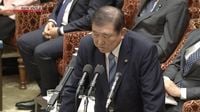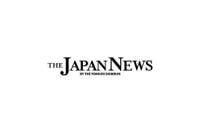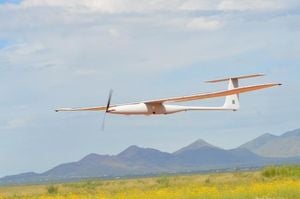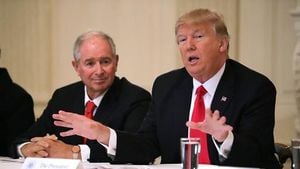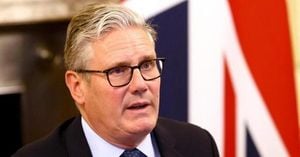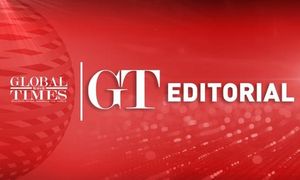Japan is set to make history as the first nation to negotiate with the United States regarding a review of U.S. tariff measures, a move that could significantly impact the global free trade landscape. With heightened tensions surrounding trade relations, Japan’s diplomatic skills will be put to the test as it seeks to navigate the complex waters of U.S. tariff policies while maintaining its position within the international community.
The backdrop to these negotiations is rooted in a trade agreement signed in 2019 during Donald Trump’s first term as U.S. President. Under this agreement, Japan committed to reducing tariffs on U.S. agricultural products, while the U.S. agreed to lower tariffs on various industrial goods. At that time, Japan was assured that additional tariffs on its automobiles would not be imposed. However, with Trump’s recent return to power in January 2025, he has since introduced a 25% tariff on automobiles and steel and aluminum products, including those from Japan.
Yoshihiko Noda, president of the Constitutional Democratic Party of Japan, has publicly urged the government to question whether these new tariffs violate the existing trade agreement. He emphasized the importance of Japan rejecting any U.S. claims that its safety standards constitute “non-tariff barriers.” This sentiment reflects a growing concern among Japanese politicians about the implications of U.S. tariff policies on the nation’s economy.
In response to these developments, Prime Minister Shigeru Ishiba has expressed his intent to ensure that Trump’s administration hears Japan’s concerns. He stated, “I will work to make Trump want to listen to what Japan says,” while clarifying that this approach does not mean Japan will simply appease the U.S. government. Ishiba’s comments underscore the delicate balance Japan must strike between asserting its interests and maintaining a cooperative relationship with the U.S.
As the negotiations approach, Ishiba has also highlighted the importance of not rushing into concessions merely to conclude talks. He stressed the need for thorough preparation, stating, “People tend to fail if they rush too much.” This cautious approach reflects Japan’s broader strategy of engaging in detailed analysis before entering negotiations.
Japanese Economic Revitalization Minister Akazawa Ryosei is at the forefront of these discussions and plans to visit the U.S. starting on April 16, 2025, to kick off the negotiations. The Japanese government is keenly aware that while individual countries negotiate tariff issues separately with the U.S., collaborating closely with other nations that share similar values regarding free trade could prove beneficial. This sentiment was echoed during a recent phone conversation between Ishiba and Singaporean Prime Minister Lawrence Wong, where they discussed the global economic implications of U.S. tariff policies.
Furthermore, Ishiba had a similar discussion with British Prime Minister Keir Starmer last week, indicating Japan’s commitment to working alongside allies to address the challenges posed by U.S. trade measures. The government’s proactive stance emphasizes the importance of international cooperation in promoting a stable and free trading environment.
In addition to tariff negotiations, security policy is expected to be a significant topic during Japan-U.S. discussions. Trump has previously criticized Japan for not contributing enough to its defense, claiming that the U.S. spends “hundreds of billions of dollars” to defend Japan without adequate compensation. However, this assertion overlooks the fact that Japan provides vital military bases to the U.S. under the Japan-U.S. Security Treaty and bears a substantial portion of the costs associated with stationing U.S. forces in the country.
In 2015, Japan enacted a security-related law that allowed it to protect U.S. warships and other vessels, marking a pivotal shift in its defense policy. As the negotiations unfold, it will be crucial for the Japanese government to communicate these realities to Washington while simultaneously enhancing its own defensive capabilities to ensure regional stability.
Japan’s approach to these negotiations reflects a broader strategy of asserting its interests while fostering cooperation with the U.S. and other nations. The government’s commitment to thorough analysis and careful diplomacy aims to mitigate the risks associated with U.S. tariff policies and safeguard Japan’s economic interests.
As the world watches closely, Japan’s ability to navigate this complex diplomatic landscape could set a precedent for how nations engage with U.S. trade policies in the future. The stakes are high, and the outcome of these negotiations may well determine the future of free trade and international relations in an increasingly interconnected world.
